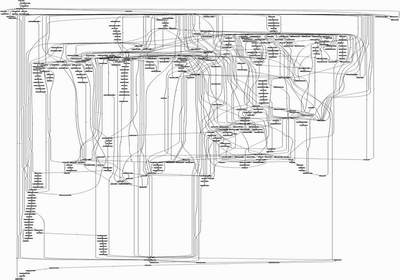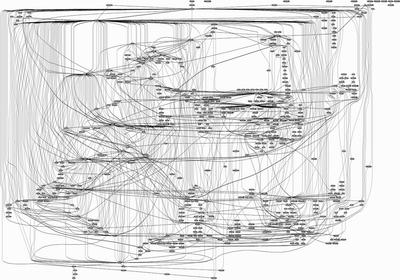There is a huge misunderstanding as to what constitutes news worthy.
The argument that people have the right to know is so abused it is not funny.
I’d say to anyone ruining peoples lives for no other reason than it being news worthy or the right for the people to know, let’s display Your used underwear on national news. After all, we have the right to know what kind of lives the people who bring us all this important news, lives!
The news media have removed dignity from the media as John Ridley pointed out on MSNBC. I’ve not followed what he stands for, but he’s certainly were dead on with that comment.
By never headlining terrorist or other criminal actions in the news, the acts would loose value. Terror requires news to be really successful. If news also got a proper balance, where good things that affects the whole nation is headlined and bad things that affects some single family is on page 22, we would slowly be improving peoples values.
If we did not make all the scary things that happened to some family look like the norm, Americans would not be so afraid or each other and be more caring. Which would snowball and raise our overall quality of lives.
Sure, it would take some time to “un-educate” people, but the price would be worth it. My family have gone for years without TV and newspapers and guess what! We are a very happy family. We are not afraid of our neighbors and we commit random acts of kindness to complete strangers. My kid complained when I removed the TV, but after a month I got a thank you, and a hug for caring.
A silly question is being asked about why Cho killed all these people at Virginia Tech. Which is why did he do it?
I call it silly because it is very obvious. In the previous last eight school shootings, including Columbine, the shooter(s) were on mind altering drugs. Just like Cho. People keep thinking that drugs=good, even though it’s very clear that people on drugs do crazy things. Ah, you say, these are prescription drugs!
True, but have you looked at what those drugs do? Did you know why many of those drugs now carry the black danger label? There is no coincident that Cho was so homocidial. People need to wake up to the side effects of these mind altering drugs and reach for natural solutions!
During a quick survey I found that there are a lot of natural solutions. In my experience drugs NEVER actually address the real why. They only address the symptoms. For the last 30 years I’ve never taken even a headache pill. When I have an headache it’s usually for not eating or drinking well or enough. Eating and or drinking water has always handled it. Of course I don’t drink sodas with dinner (or almost ever). When I eat it’s usually fairly healthy. If you pack yourself full of sugars you should expect headaches and poor health.
Having traveled across several continents and looked into the nooks and crannies of life I can tell you that Americans are being spoonfed bad news relative to most other countries.
I wondered why that was, and realized that the pursuit of money has been too much for most editors, including a lot of other people. Messed up education in homes and schools have done a good job. In our attempts to be politically correct, we’ve lost sight of what is really important. I’m not saying you should be rude and so on. But things have gone too far in many areas.
In the vying for your attention, editors have lost track of all things valuable to man. I’m talking about integrity, responsibility, decency, humanity and most other valuable attributes most people natively have in common.
Then we have the misdirects that is being done by those defending our war in Iraq. What is the first thing a person done who’s guilty of something? He or she tries to turn attention away from themselves. Accusing you for their own crime is typical.
The same can be observed by those defending the war by calling you un-american, against our troops and so on. What is bad is to send our troops into Iraq on false pretenses and properly care for them. Playing the troop card is in really poor taste and nothing but an attempt to turn the attention away from themselves.
Now, if you instead put attention and expanded upon great things that people did to each other, accomplishments and resolutions of problems, guess what? We’d have happier people and a greater nation.
The saying, you get what you put your attention on, applies. Let’s try to focus a bit more on all the good and positive things that people do every day. Let’s make bad news a little less important, and share more positive than negative news with others.

